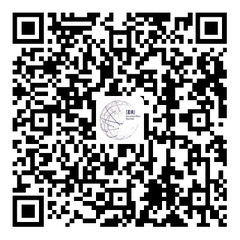Ginzbrug-Landau equation is formulated by the renowned physicists Vital Ginzburg and Lev landau, recipients of the Nobel Prize in Physics. This equation serves to characterize the properties and phase transitions of superconductors. Over the past decades, the equation has undergone continuous refinement and has proven to be instrumental in various research fields. Its notable impact is particularly evident in the design and production of microchips.
The Ginzburg-Landau equation not only elucidates nonlinear phenomena in electric chips, such as current transport, spin transport, and energy transfer but also provides a theoretical foundation and numerical simulation tools essential for optimizing chip performance and stability. This holds profound implications for development of chip technology, high-speed computing, signal processing, and artificial intelligence. Hence, studying the Ginzburg-Landau equation is imperative for overcoming challenges and bottlenecks in chip-related researches.
In a recent breakthrough, the team of Dr. Qi Jianming and Dr. Sun Yiqun from SDJU School of Business achieved significant progress in Ginzburg–Landau equation research, making innovations in three key aspects. Their findings underwent rigorous evaluation by the editorial board and reviewers of Chaos, Solitons & Fractals, resulting in recognition and recommendation for publication.
In this paper, Dr. Qi is credited as the first author, with graduate students Li Xinwei and Bai Leiqiang as co-authors. Dr. Sun assumes the role of corresponding author, with SDJU as the exclusive first author affiliation. In recent years, Dr. Qi’s team has delved into researches based on the theory of fractional-order nonlinear differential equations, of chaos, solitons, fractals, among other. The team has successfully applied theory to practical scenarios, such as soliton transmission in signal transmission and soliton propagation in oceanic waves within fluid mechanics. These applications contribute significantly to major strategic scientific research initiatives such as national chip development and oceanic research. In the year 2023 alone, the team achieved notable success, publishing 8 SCI papers, including 1 in Q1, 3 in Q2, 1 in Q 3, and 3 in Q4 on CAS JCR list. These papers appeared in renowned international journals such as Nonlinear Dynamics, Alexandria Engineering Journal,Modern Physics Letters B, International Journal of Bifurcation and Chaos, and Results in Physics. The innovative nature of this series of research endeavors has garnered unanimous recognition from the editorial committees and reviewers of the relevant journals.

link: https://doi.org/10.1016/j.chaos.2023.113946






